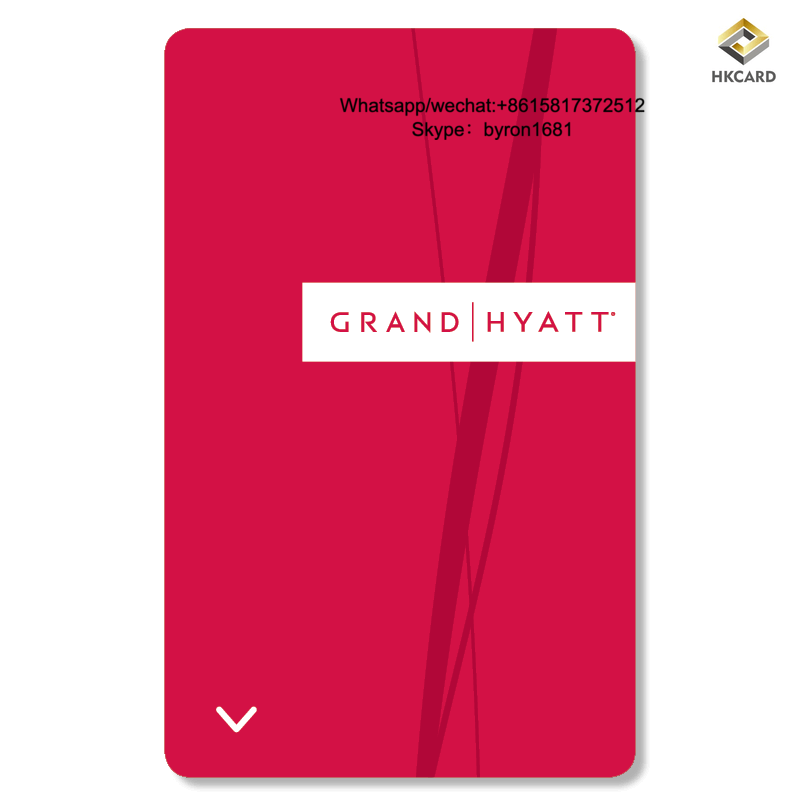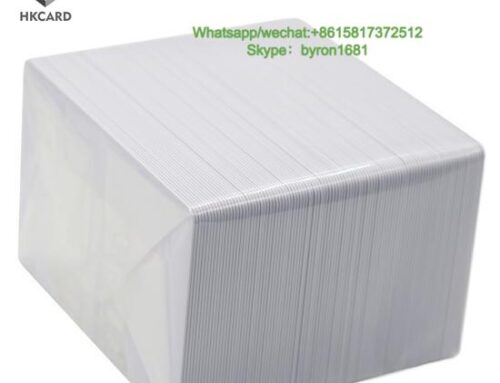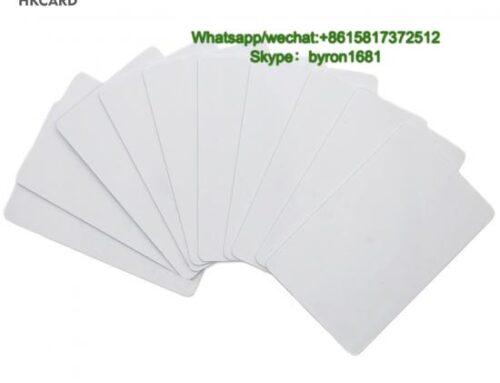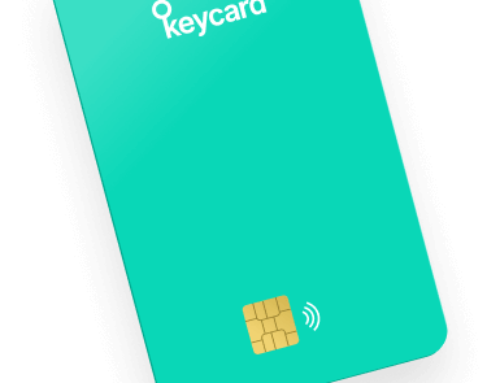Welcome to our comprehensive guide on hotel key cards, where we will delve into the technology, functionality, and benefits behind these essential cards for both guests and hotel operations. Whether you’re a frequent traveler or a hotel owner looking to upgrade your system, understanding how hotel key cards work is crucial. Join us as we unlock the secrets of hotel key cards and discover the convenience and efficiency they bring to the hospitality industry.
Table of Contents
- Understanding Hotel Key Card Technology
- The Functionality of Hotel Key Cards
- Benefits for Guests
- Benefits for Hotel Operations
- Ensuring Security and Privacy
- Types of Hotel Key Cards
- Key Card Programming and Management
- Future Trends and Innovations
- Frequently Asked Questions
- How do hotel key cards work?
- Can hotel key cards be reused?
- What happens if I lose my hotel key card?
- Are hotel key cards secure?
- Can hotel key cards be copied?
- Conclusion
1. Understanding Hotel Key Card Technology
Hotel key cards are electronic access devices that have revolutionized the hotel industry. Unlike traditional metal keys, key cards employ RFID (Radio-Frequency Identification) technology, allowing for contactless entry and enhanced security. RFID technology utilizes electromagnetic fields to transfer data between the key card and the card reader.
The key card contains an embedded microchip and a coil antenna, which together store and transmit information to the card reader. When the card is brought near the reader, the electromagnetic field energizes the microchip, enabling it to communicate with the reader. This communication validates the card and grants access to the designated areas.
2. The Functionality of Hotel Key Cards
Hotel key cards serve as a secure and efficient method of granting access to hotel rooms, restricted areas, and amenities. When a guest checks in, the front desk staff assigns a specific key card to the guest’s room. This key card is programmed with the necessary access permissions, such as the room number and duration of stay.
To unlock a room, the guest simply holds the key card in close proximity to the card reader located on the door. The card reader recognizes the unique identifier stored on the key card and grants access if the information matches the room’s credentials.
Beyond room access, key cards can also be programmed to provide additional functionalities. Some hotels utilize key cards to activate power and lighting systems in guest rooms, promoting energy efficiency and cost savings.
3. Benefits for Guests
Hotel key cards offer numerous benefits to guests, enhancing their overall experience and convenience. Let’s explore some of the key advantages:
- Ease of use: Key cards are lightweight, easy to carry, and require no physical insertion or turning like traditional keys. Guests can effortlessly tap or swipe their cards to gain access to their rooms.
- Convenience: Key cards eliminate the need for multiple keys for different areas within the hotel. A single card can grant access to the guest’s room, fitness center, pool, and other facilities.
- Enhanced security: Unlike metal keys, which can be easily duplicated, hotel key cards incorporate advanced security features. The unique digital codes and encryption algorithms used in key cards make them difficult to clone, ensuring the guest’s safety and privacy.
- Reduced risk of loss: Misplacing or losing a metal key can be troublesome and potentially compromise security. Key cards minimize this risk as they can be easily deactivated and replaced if lost or stolen.
- Personalization: Hotel key cards can be customized with the guest’s name, room number, and other relevant details, adding a personal touch to their stay.
4. Benefits for Hotel Operations
Hotel key cards not only benefit guests but also streamline operations and enhance security for hotel management. Here are some advantages for hotel operations:
- Efficient check-in and check-out: Key cards expedite the check-in and check-out process, eliminating the need for manual key handovers and reducing waiting times for guests.
- Centralized access control: Hotel staff can manage and control access permissions centrally, ensuring that only authorized guests can enter specific areas.
- Tracking and auditing: Key cards provide a digital trail of guest activities, allowing hotel management to monitor access logs, track movements, and investigate any security incidents.
- Flexibility and reusability: Unlike traditional keys that need to be physically replaced, key cards can be easily reprogrammed for new guests, extending their lifespan and reducing operational costs.
- Integration with hotel systems: Key card systems can integrate with other hotel management systems, such as property management systems (PMS) and energy management systems, streamlining processes and improving overall efficiency.
5. Ensuring Security and Privacy
Security and privacy are paramount in the hospitality industry. Hotel key card systems incorporate several measures to safeguard guests’ well-being and protect their personal information. These include:
- Encryption: Key cards employ advanced encryption techniques to prevent unauthorized access and protect sensitive data stored on the card’s microchip.
- Anti-cloning features: Key cards use unique digital identifiers that are difficult to replicate, minimizing the risk of unauthorized card duplication.
- Expiration and deactivation: Key cards are typically programmed with an expiration date. After the guest checks out, the card becomes inactive, ensuring that only current guests can access the designated areas.
- Data protection: Hotels adhere to strict data protection policies and comply with regulations to ensure that guest information stored on key cards or within the hotel’s systems remains secure and confidential.
6. Types of Hotel Key Cards
Hotel key cards come in various forms, each catering to different requirements and budget considerations. The most common types include:
- Magnetic Stripe Cards: These cards contain a magnetic stripe that stores the necessary information. When swiped through a card reader, the magnetic stripe is read, granting access.
- Contact Smart Cards: These cards feature an embedded chip that requires physical contact with the card reader to establish communication and grant access.
- Contactless Smart Cards: Similar to contact smart cards, contactless smart cards utilize RFID technology for wireless communication with the card reader. They offer faster and more convenient access.
- Mobile Key Cards: With the rise of mobile technology, hotels are adopting virtual key cards that guests can store and access using their smartphones. Mobile key cards provide added convenience and eliminate the need for physical cards.
7. Key Card Programming and Management
The programming and management of hotel key cards involve several crucial steps to ensure a smooth and secure guest experience. Here’s an overview of the process:
- Key Card Encoding: Prior to guest arrival, hotel staff encode the key cards with the necessary access permissions using specialized software or key card encoding machines.
- Key Card Issuance: Upon check-in, the front desk staff assigns the programmed key card to the guest, along with any additional instructions or information.
- Key Card Deactivation: At check-out, or in the event of loss or theft, the key card is deactivated to prevent unauthorized access. Deactivated key cards can be recycled or securely disposed of.
- System Integration: Key card systems are often integrated with the hotel’s property management system (PMS) to streamline guest information and ensure seamless communication between different hotel departments.
8. Future Trends and Innovations
The hotel industry is continually evolving, and key card technology is no exception. Here are some emerging trends and innovations in the field:
- Mobile Key Apps: As smartphones become increasingly prevalent, more hotels are adopting mobile key apps that allow guests to check-in, access their rooms, and manage their stay entirely from their mobile devices.
- Biometric Authentication: Biometric technology, such as fingerprint or facial recognition, may soon replace traditional key cards, providing an even higher level of security and convenience.
- Internet of Things (IoT) Integration: Key card systems can integrate with IoT devices, allowing guests to control room amenities, such as lighting, temperature, and entertainment systems, using their key cards or mobile devices.
- Contactless Technologies: In response to the COVID-19 pandemic, contactless technologies, including mobile key cards and voice-activated assistants, have gained significant traction, reducing physical touchpoints and promoting a hygienic environment.
9. Frequently Asked Questions
How do hotel key cards work?
Hotel key cards use RFID technology to establish communication between the card and the card reader. When the card is brought near the reader, the microchip on the card is energized by an electromagnetic field, allowing the card and reader to exchange data and grant access if the information matches the credentials.
Can hotel key cards be reused?
Yes, hotel key cards can be reused for different guests. The cards can be easily reprogrammed with new access permissions, allowing for efficient guest turnover and reducing costs associated with physical key replacements.
What happens if I lose my hotel key card?
If you lose your hotel key card, it is essential to report the loss immediately to the front desk. The staff will deactivate the lost card to prevent unauthorized access and provide you with a replacement card.
Are hotel key cards secure?
Hotel key cards incorporate advanced security features, such as encryption and unique digital identifiers, to ensure the security of guest access. While no system is entirely foolproof, key cards provide a higher level of security compared to traditional metal keys.
Can hotel key cards be copied?
Hotel key cards are designed to be difficult to clone due to the unique digital codes and encryption algorithms they employ. However, as with any technology, there is always a possibility of unauthorized attempts to copy key cards. Hotels implement security measures to mitigate this risk and closely monitor access logs for any suspicious activities.
10. Conclusion
Hotel key cards have revolutionized the hospitality industry, providing guests with convenience, security, and a personalized experience. From their RFID technology to their ease of use and enhanced functionality, key cards offer numerous benefits for both guests and hotel operations. As technology continues to advance, key cards will undoubtedly evolve, incorporating new features and innovations to further enhance the guest experience. So next time you check into a hotel, take a moment to appreciate the convenience and efficiency of your trusty key card, unlocking the doors to your temporary home away from home.
HKCARD ELECTRONICS CO.,LIMITED is your best choice for #HotelSecurity #HotelConvenience #GuestSafety #CuttingEdgeTechnology #HKCARD Revolutionary Hotel Technology, Advanced Security Solutions, Streamlined Hotel Operations, Enhanced Guest Safety, Next-generation Hotel Technology
Best Regards
Byron
HKCARD ELECTRONICS CO.,LIMITED
Phone/Whatsapp/wechat:+8615817372512
skype:byron1681
Email:byronhan@cardmfg.com /byronhan1@gmail.com





